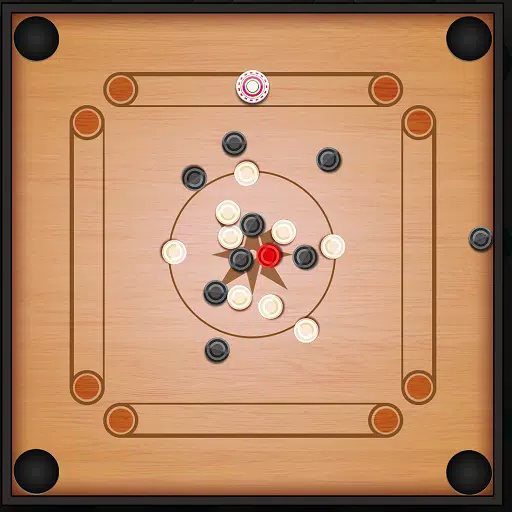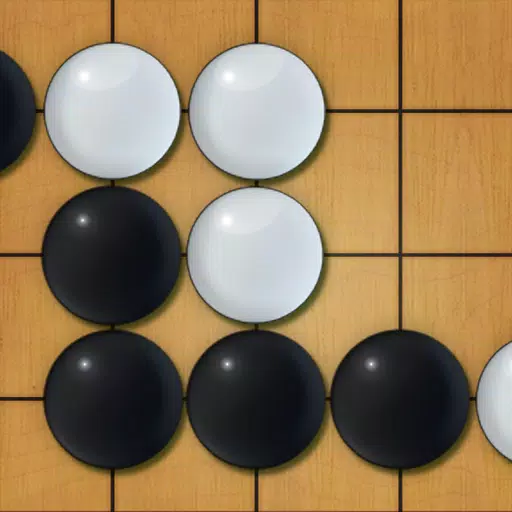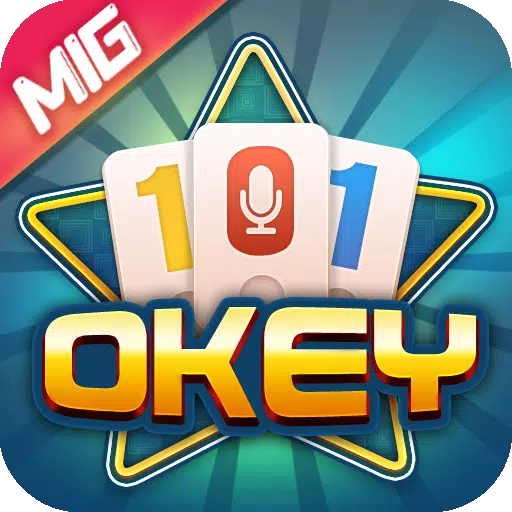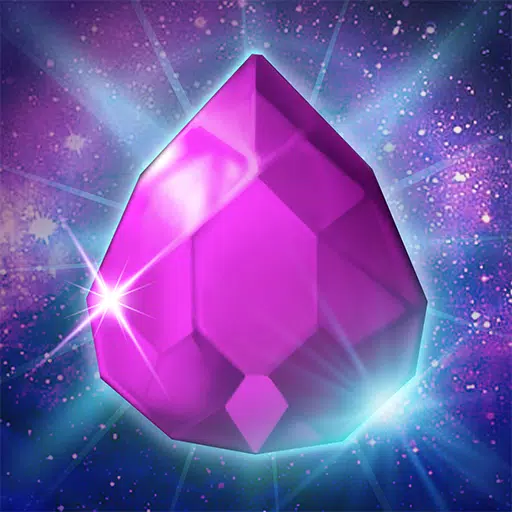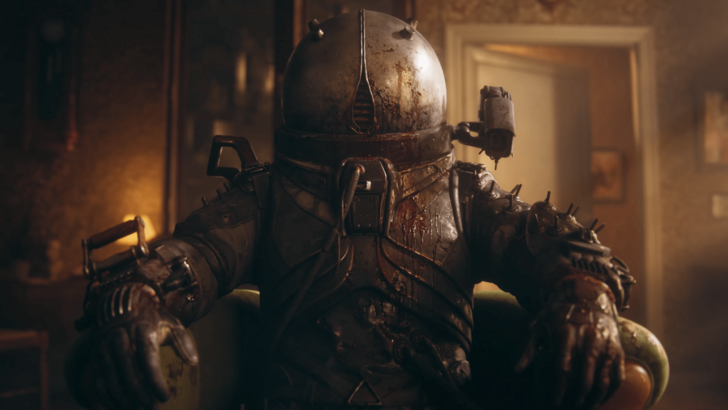Five years ago, when Mike and Amy Morhaime founded Dreamhaven, I had the opportunity to discuss their vision for the company with several founding members. They expressed their desire to establish a sustainable publishing and support pillar for game studios, including the two they were launching at the time, Moonshot and Secret Door, as well as other carefully selected partners.
At the conclusion of our interview, Mike Morhaime shared a bold goal for Dreamhaven:
"We want, if I may be so bold as to say, to be a beacon to the industry," he stated, referencing the company's lighthouse logo. "There's a better way to approach the business of games and the operation of a game company that can produce great results in terms of products, financial rewards, and work environment, which may help elevate the entire industry."
Around the time Dreamhaven was founded, numerous studios led by former AAA executives emerged, each promising to build a more sustainable future. However, the industry has since faced a global pandemic, economic instability, mass layoffs, studio closures, and project cancellations. Many of these visionary studios have closed before releasing any games or postponed their ambitions indefinitely.
Yet, Dreamhaven has thrived. Today, they partnered with The Game Awards for their first-ever showcase, unveiling not one or two, but four games. Two are internally developed: Sunderfolk, a turn-based tactical RPG with couch co-op, set to launch on April 23, and the newly announced Wildgate, a crew-based first-person shooter centered around space heists (which we've previewed). The other two games, developed externally but published and supported by Dreamhaven, include Lynked: Banner of the Spark, an action-RPG from LA-based developer FuzzyBot, currently in early access and slated for a 1.0 release in May, and Mechabellum, a turn-based tactical auto-battler from Chinese studio Game River. Mechabellum was released last September, and with Dreamhaven's support, Game River aims to keep it updated and engaging long-term.This is a significant undertaking for a relatively new company, but Dreamhaven's ambitions extend further. They are supporting ten other external studios—many founded and staffed by ex-AAA developers—through investments, consultancy, fundraising support, and occasionally publishing. Speaking with Mike Morhaime at the Game Developers Conference (GDC) last week, he explained that Dreamhaven's leaders have always aimed to create a "net" to "capture some of this great talent that was dispersing" across the industry.
Wildgate - First Screenshots
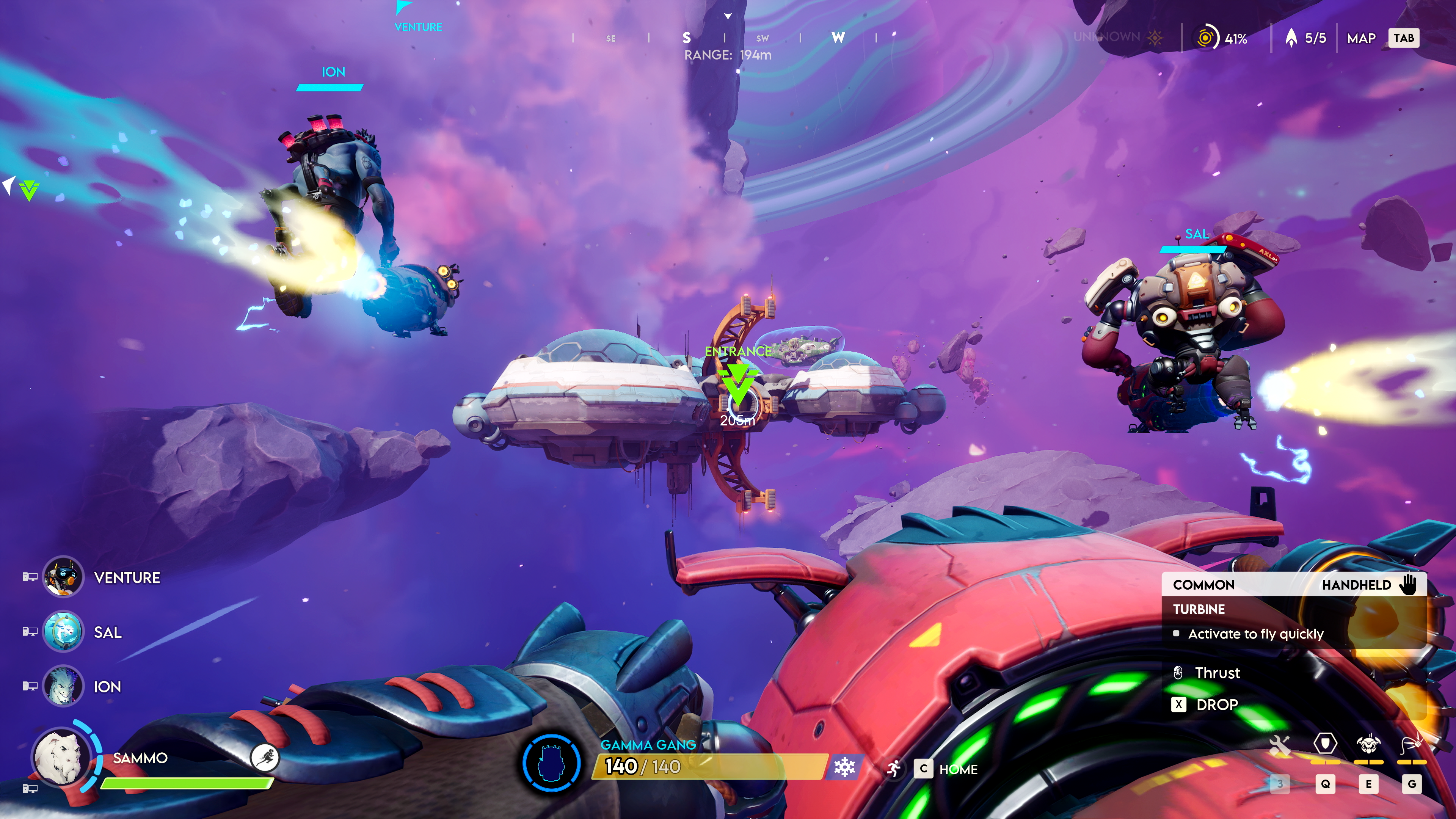
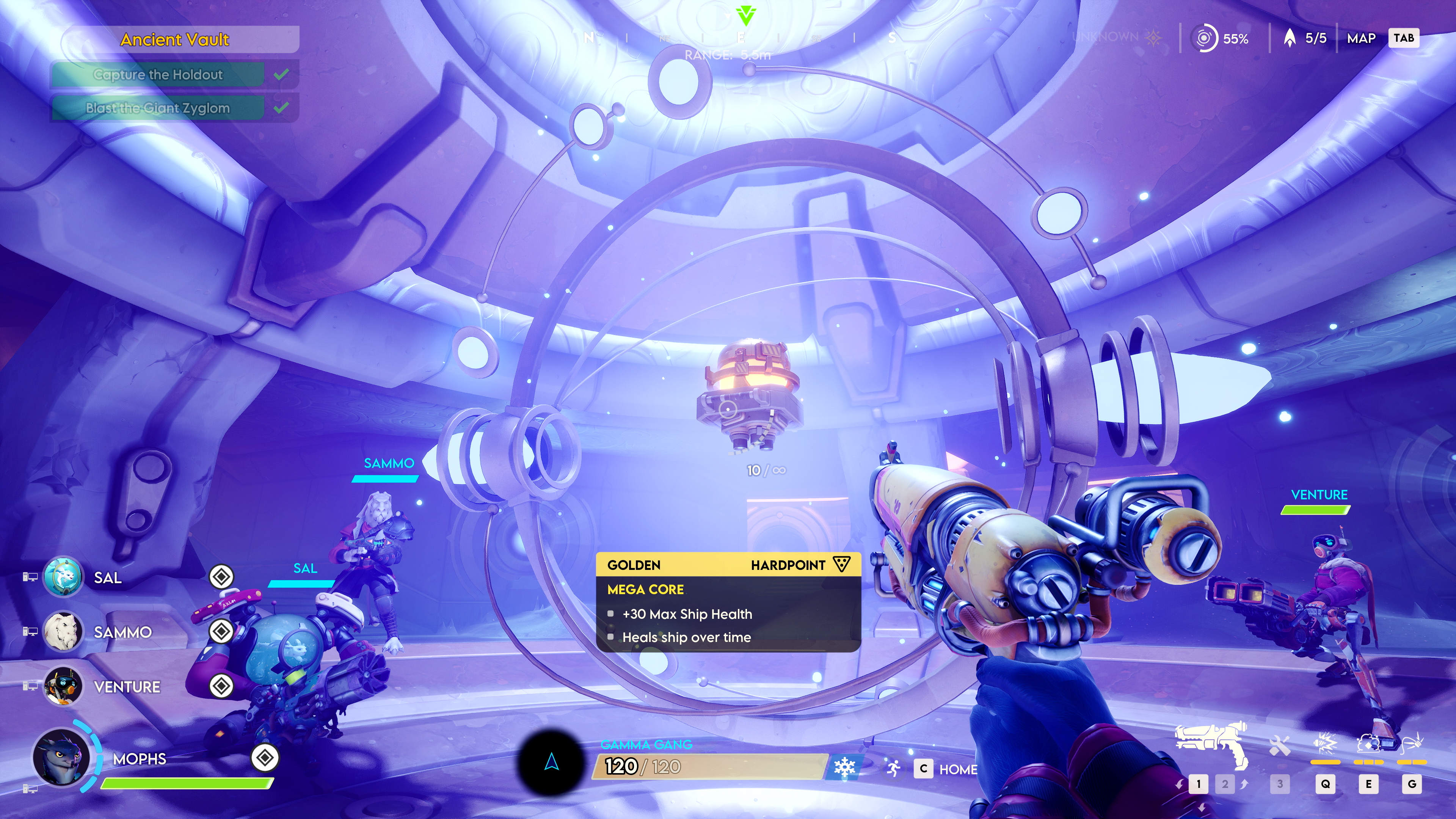 10 Images
10 Images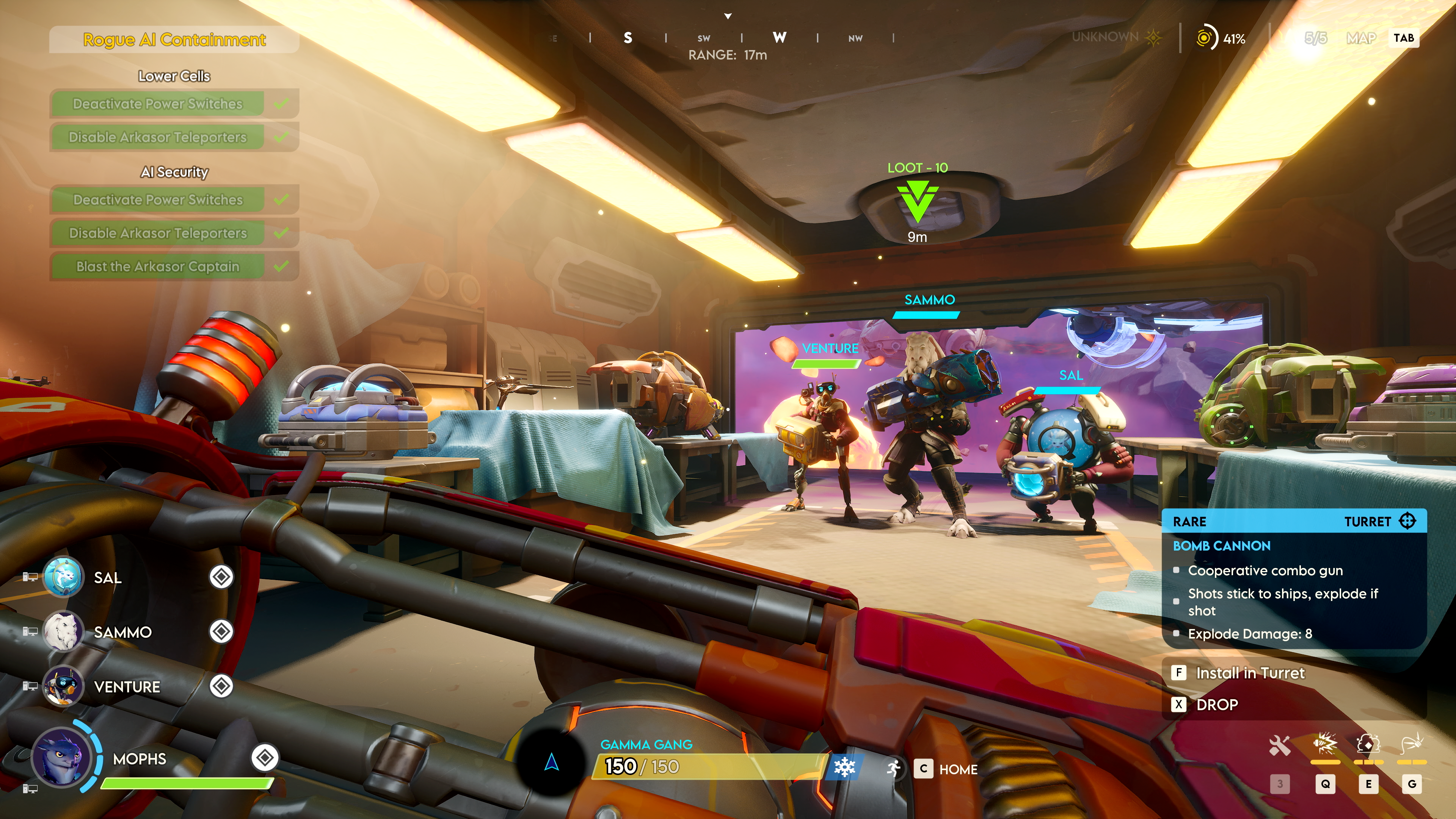
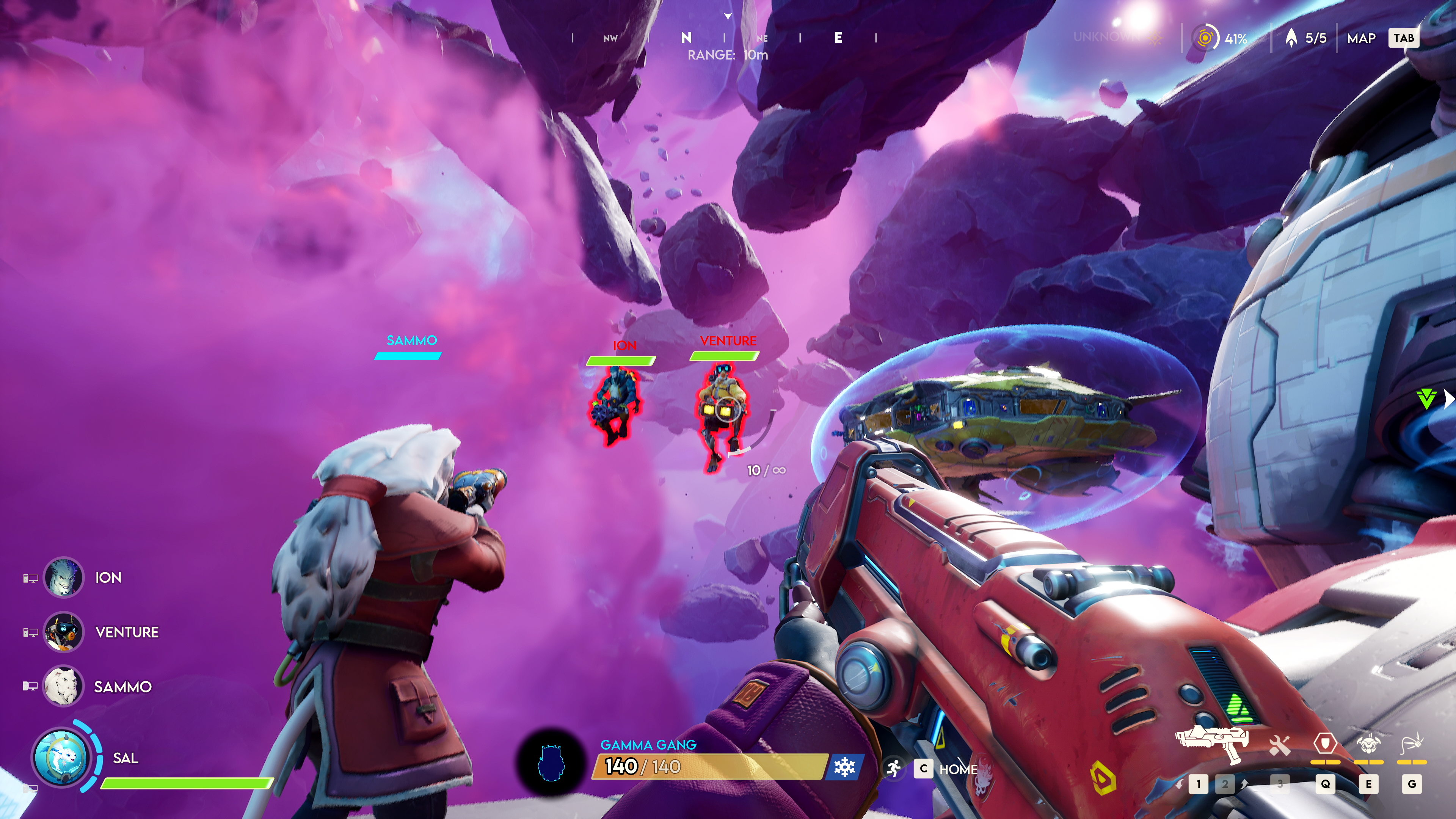
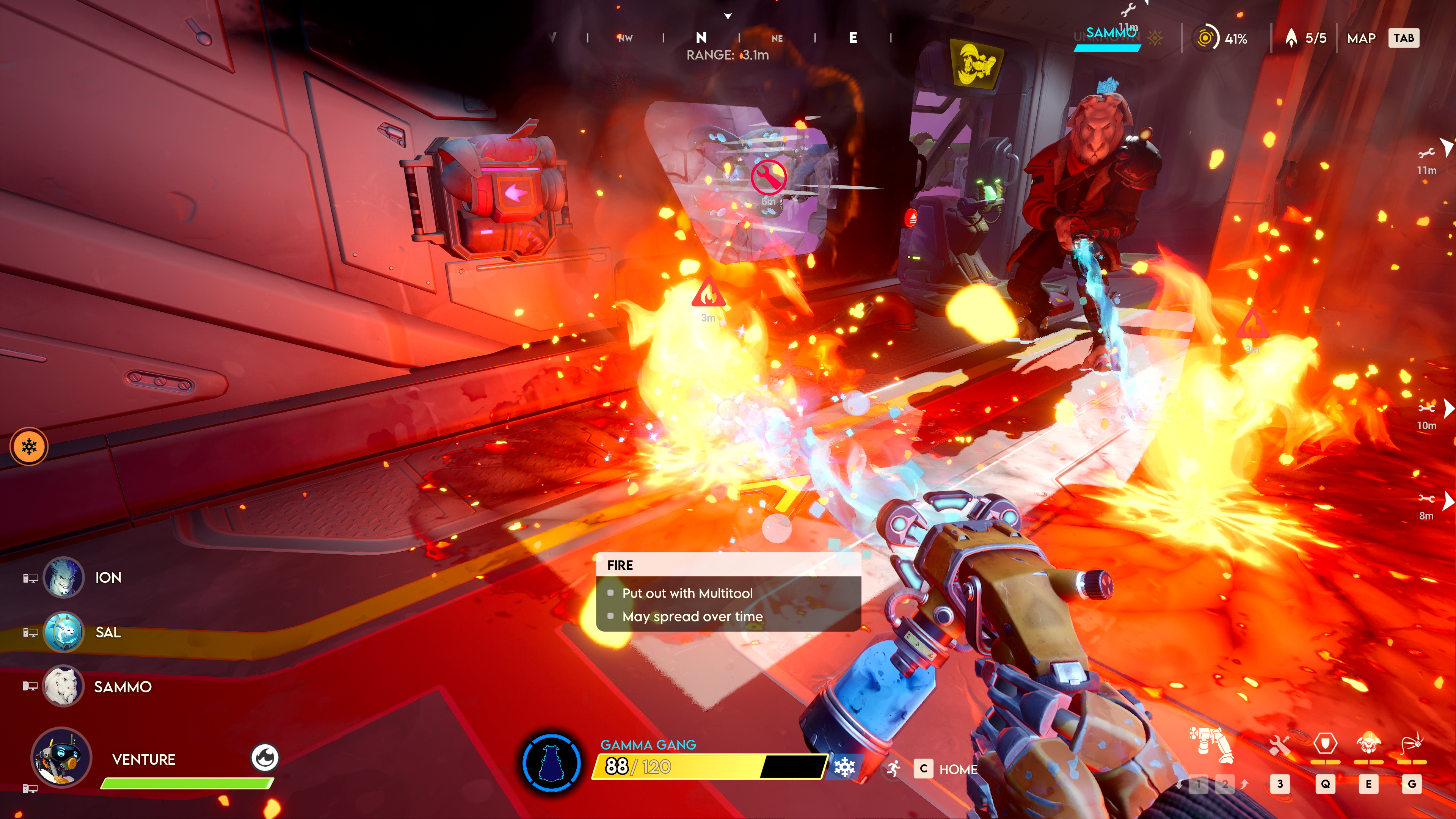
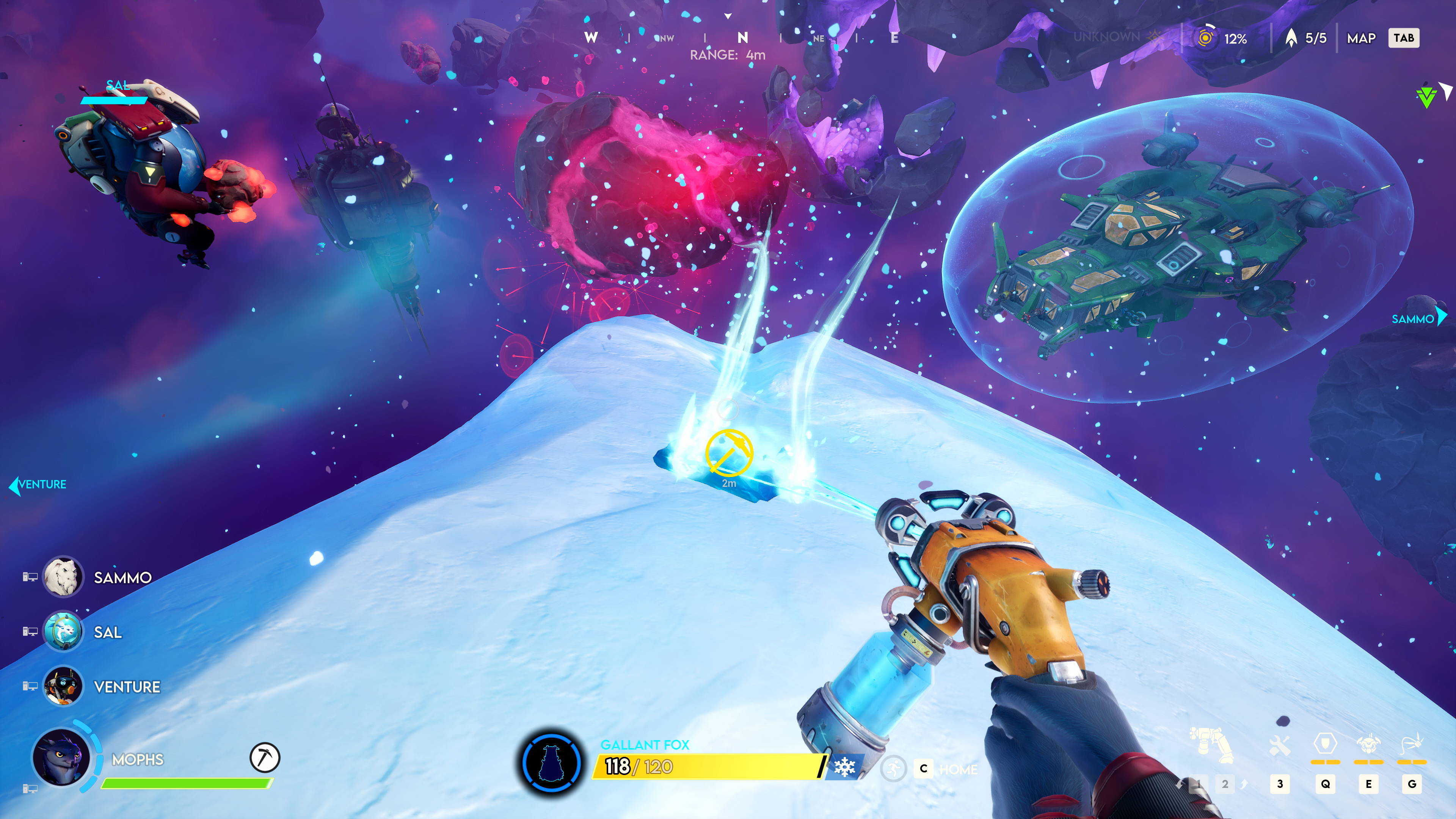 “We saw all these studios starting up and we have a lot of relationships,” he said. “We knew many of the people starting up and wanted to create a structure that allowed us to be helpful and support these studios. We created a system to provide guidance and advice, and be incentivized to want them to succeed.”
“We saw all these studios starting up and we have a lot of relationships,” he said. “We knew many of the people starting up and wanted to create a structure that allowed us to be helpful and support these studios. We created a system to provide guidance and advice, and be incentivized to want them to succeed.”
Throughout GDC, discussions centered around the ongoing industry crisis, with many attributing it to the prioritization of profits over all else, leading to cancellations, shutdowns, and layoffs. When I asked Morhaime about the tension between craft and business, he didn't view them as mutually exclusive but emphasized that occasional failure must be an option to foster innovation.
“I think to create an environment that allows for innovation, you need a certain amount of safety and space to experiment and try new things,” he said. “We're not against our products being successful and profitable. It's about focus. What are these teams focusing on? They're not focusing every day on maximizing profitability at every step. They're trying to create the best experience possible, which we believe is the right business strategy in the long run. With so much competition and countless games released yearly, the only way to succeed is to stand out with something special.”
Given that Dreamhaven and many of its partners are staffed by AAA veterans, I asked Morhaime about the biggest lesson he learned from his time at Blizzard. He highlighted the importance of an “iterative” game development process.
“It was never linear. It was never a straight line where you have a perfect plan and everything goes according to plan, leading to happiness and success. We always encountered obstacles and things that didn't work as expected, but we had the flexibility and adaptability to address them. So, approaching everything with a perspective where we want to be experimental, try things, and if they aren't working, go back and fix them to end up with something we're very proud of.”Conversely, the biggest difference between working at Blizzard and Dreamhaven, he said, is agency.
“Probably the biggest difference is that we have such an experienced team, and we're structured to give a lot of agency to our leadership teams in the studios,” he explained.
“And so, it's a very unique environment in terms of the relationship our studios have with the central company. The central teams are there to support the needs of the studio, and our studio heads and leadership are also founding members of Dreamhaven. So, it's really more of a partnership.”
Our conversation shifted to new technologies, specifically generative AI, a topic that causes tension in the gaming industry. While many AAA gaming companies are implementing it, Morhaime said Dreamhaven's use has been cautious and limited to research on best practices and internal policy drafting, not in their games.
“As a technologist, I find it super exciting. We're privileged to witness the birth of something so fascinating. Just a few years ago, I never imagined generative AI could do what it's doing now. There are many complexities—legal, ethical—and it's hard to predict its impact on our lives. I think it will affect us in many positive ways, but some are scary. You can't just shut it off and put it back in a box. If you try, it won't slow down or stop. Those who ignore it and pretend it's not there will be at a huge disadvantage.”On a less controversial note, I asked about the Nintendo Switch 2. Sunderfolk and Lynked are both coming to Switch, while Mechabellum remains Steam-exclusive due to its genre. Wildgate's announcement notably omitted the Switch, but Morhaime offered general commentary on the new console:
“I think console transitions can be very disruptive, but also invigorating and helpful for the games industry,” he said. “As a gaming startup, console transitions are positive for us. If you already have games and are selling, there might be some disruption to worry about, but we don't have that problem. And as a gamer, console transitions are exciting.”
As we concluded, I asked Morhaime if he feels Dreamhaven has succeeded in the mission he outlined five years ago. Is Dreamhaven a “beacon to the industry”? Morhaime believes they're not there yet. They still need to release games and see the response from players and the industry.
“We have to put out games that people love and be financially successful because if we aren't, nobody will see us as a beacon,” he said.
“What I want to see happen is for Dreamhaven to build a reputation with gamers where the brand stands for something—a seal of quality, hopefully, where players trust that if a game comes from Dreamhaven, regardless of genre, it will be something very special, and they'll be curious to check it out.”
 Home
Home  Navigation
Navigation






 Latest Articles
Latest Articles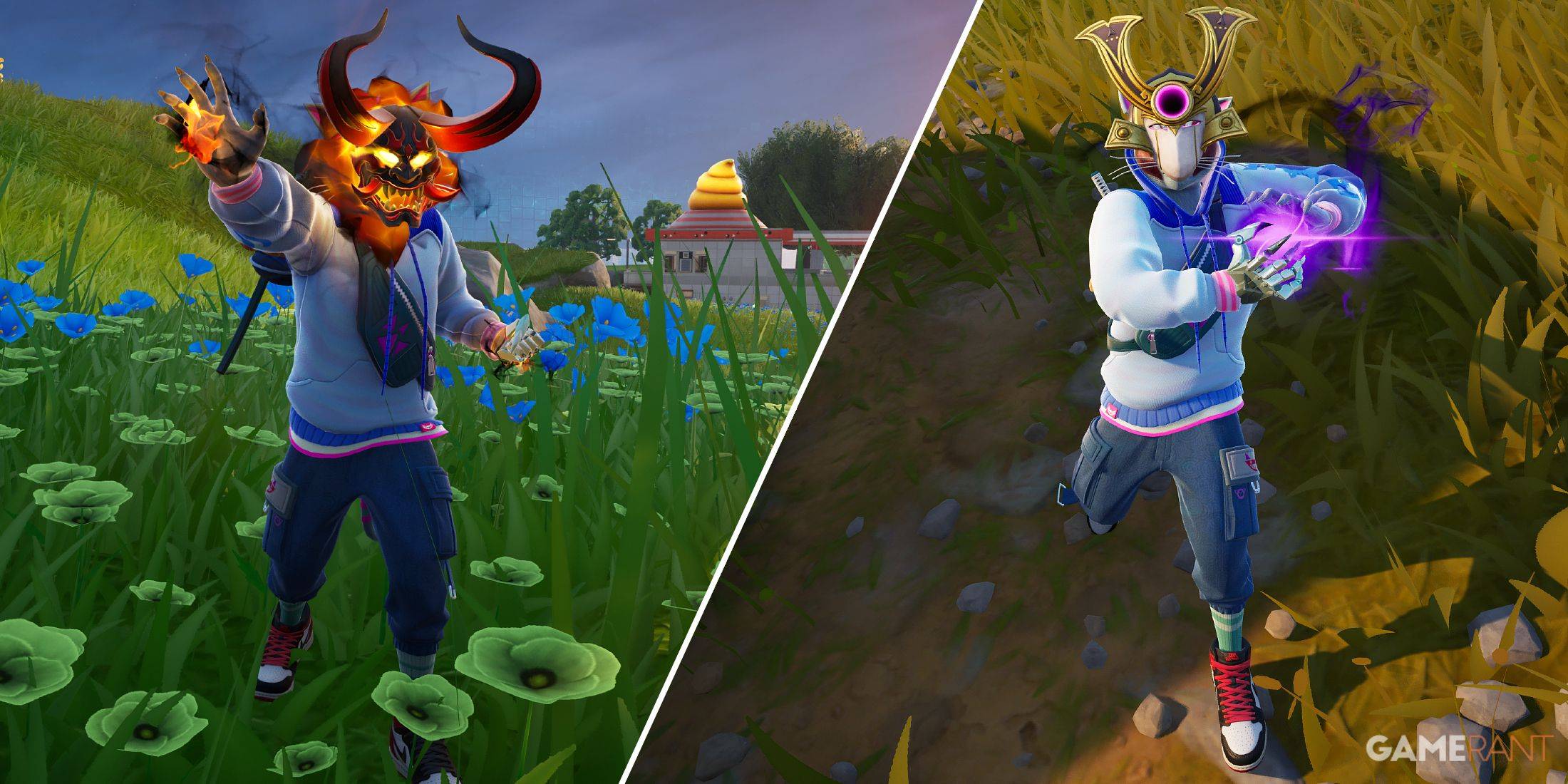


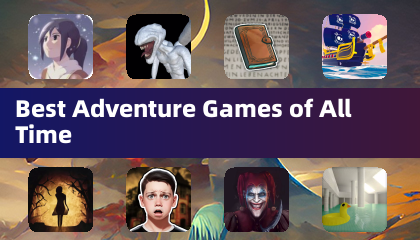

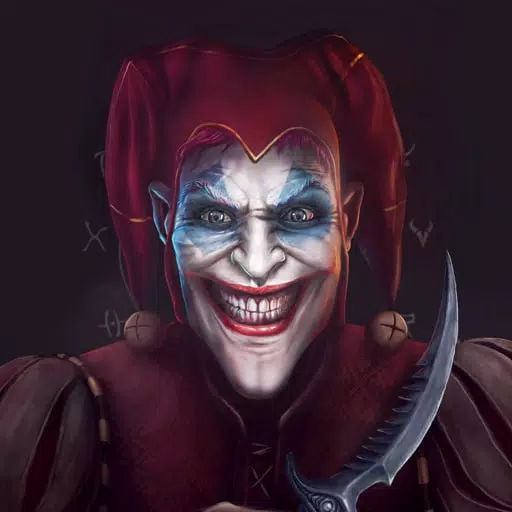

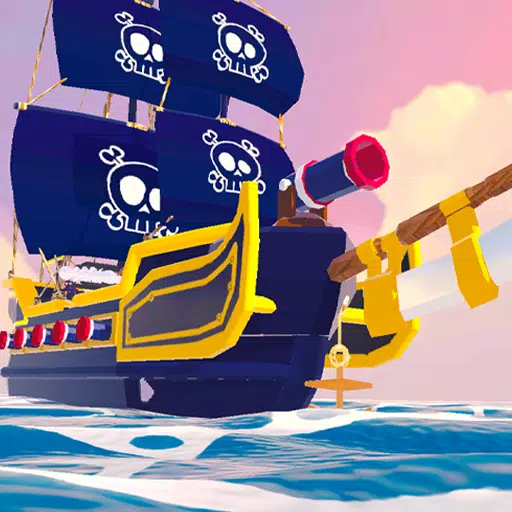
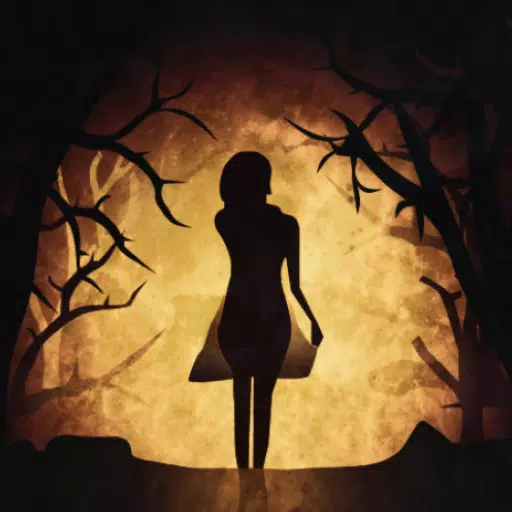


 Latest Games
Latest Games